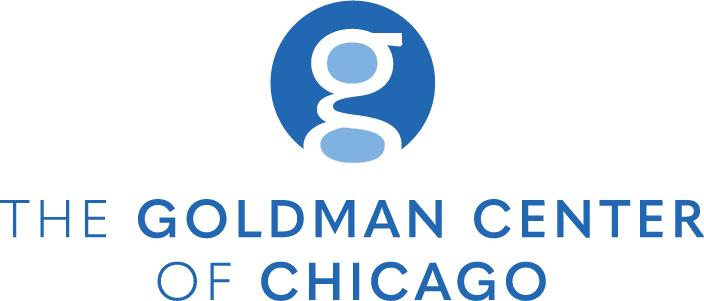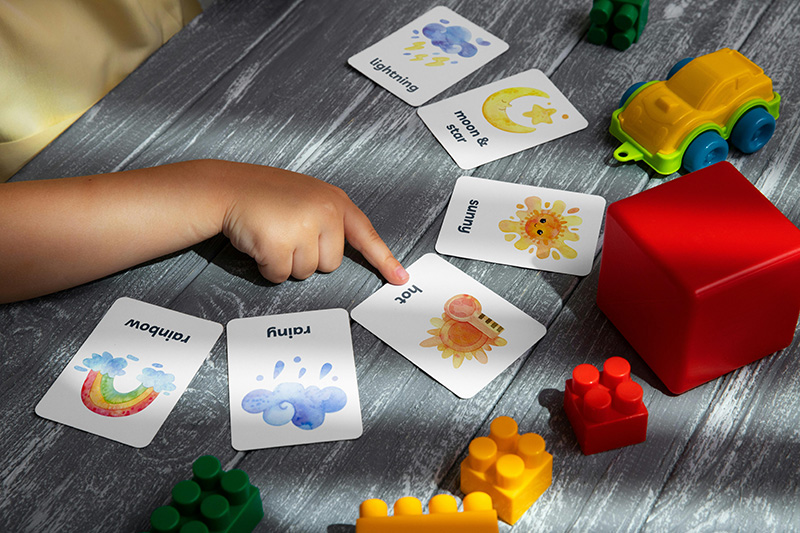Based on the findings of a diagnostic evaluation, a pediatric neuropsychologist might identify additional services that could be beneficial to support a child’s development. A clinician might recommend speech therapy if they feel a child has challenges in the areas of speech and language.
Who provides speech therapy?
Speech-language pathologists (SLPs) are clinicians who specialize in speech, language, and swallowing disorders. These clinicians receive master’s degrees in the field, in addition to extensive training in the field, in order to provide services for individuals across the lifespan, from birth to elderly adults. In addition to focuses on communication, SLPs receive training in feeding and swallowing concerns.
What are the benefits of speech therapy?
The goal of speech therapy is to improve a child’s communication skills to promote success in daily activities, academic performance, and social and emotional wellness. Depending on a child’s unique strengths and needs, speech therapy might focus on articulation, fluency (e.g., stuttering), receptive language (e.g., comprehension), or augmentative and alternative communication (AAC). Improving a child’s communication skills will allow them to enjoy communicating with their peers, engage in more social interactions, and ultimately improve their quality of life.
Where does speech therapy occur?
A child can receive speech therapy in school, at home through a private practice, in a clinic, at a university, or in the hospital. Some children might receive speech therapy in the home setting to promote the development of skills in their natural environment.
Who receives speech therapy?
Speech therapy benefits populations of children with speech, language, and feeding disorders.
What is a speech disorder?
There are three types of speech disorders: articulation, fluency, and resonance.
- Articulation disorder: when a child has difficulty producing speech sounds (e.g., /s/, /r/), which can impact the intelligibility of their speech.
- Fluency disorder: when a child’s flow of speech is interrupted by unusual stops, partial-word repetitions, or prolonging sounds and syllables. A common example of fluency disorder is stuttering.
- Resonance Disorder: when a child has difficulty with the pitch, volume, or quality of their voice. This difficulty can cause pain or discomfort while the child is speaking.
What is a language disorder?
- Receptive disorder: when a child has difficulty with understanding or processing language.
- Expressive disorder: when a child has difficulty expressing themselves or is unable to use language in a socially appropriate way.
- Cognitive-communication disorder: when a child has difficulty with communication skills that involve memory, attention, perception, organization, regulation, and problem solving.
What is a feeding/swallowing disorder?
- Dysphagia/Oral Feeding Disorder: when a child has difficulty eating or drinking. They may cough, gag, and refuse foods due to their difficulty with chewing and swallowing.
Children may receive speech therapy if they present with:
- Hearing impairments
- Cognitive or developmental delays
- Weak oral muscles
- Chronic hoarseness
- Cleft lip or palate
- Autism
- Motor planning problems
- Articulation problems
- Fluency disorders
- Respiratory problems
- Traumatic brain injury
Do you have questions about speech therapy or think your child could benefit from an evaluation? Contact the Goldman Center of Chicago to learn more about next steps and services we offer.









